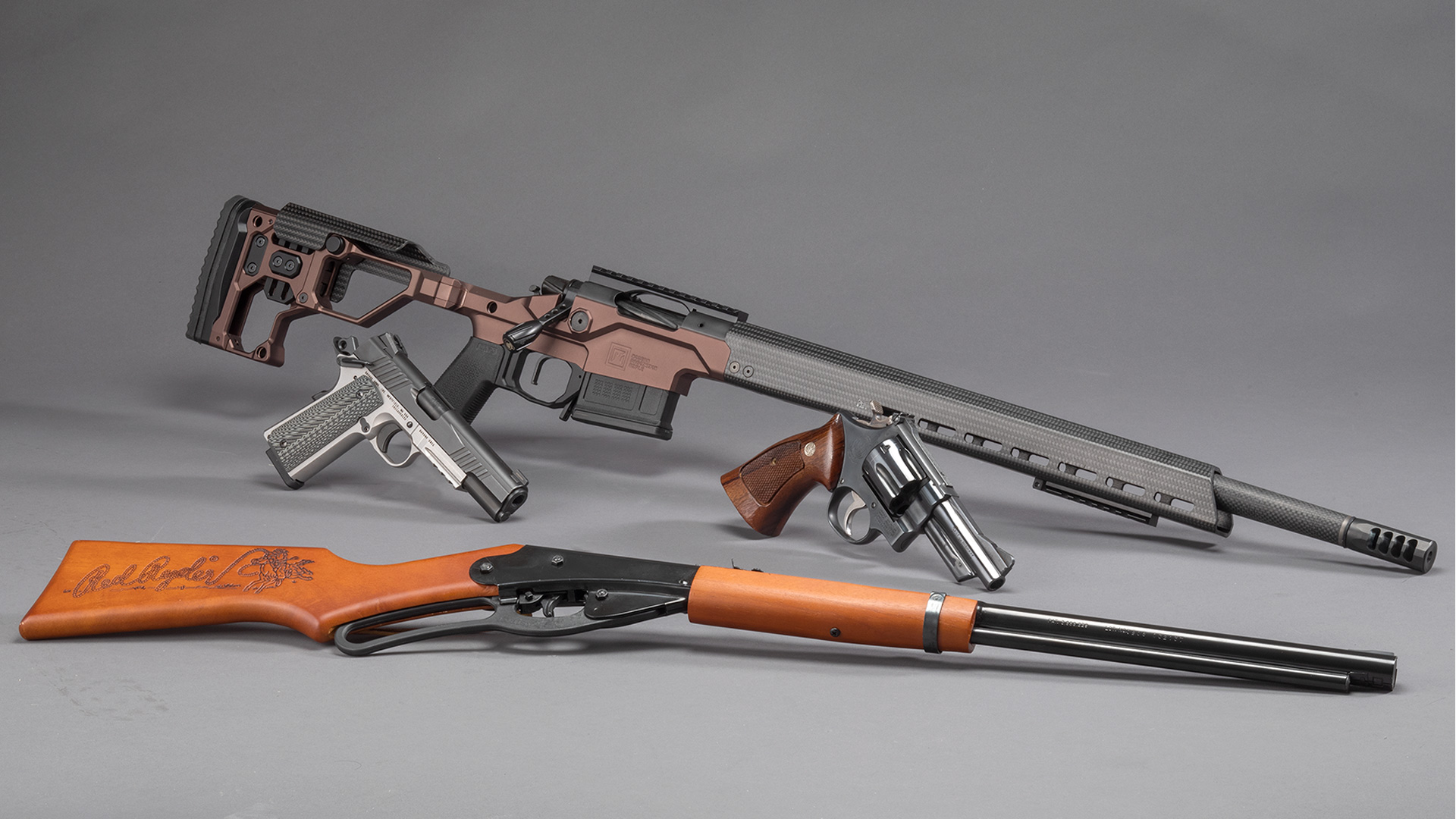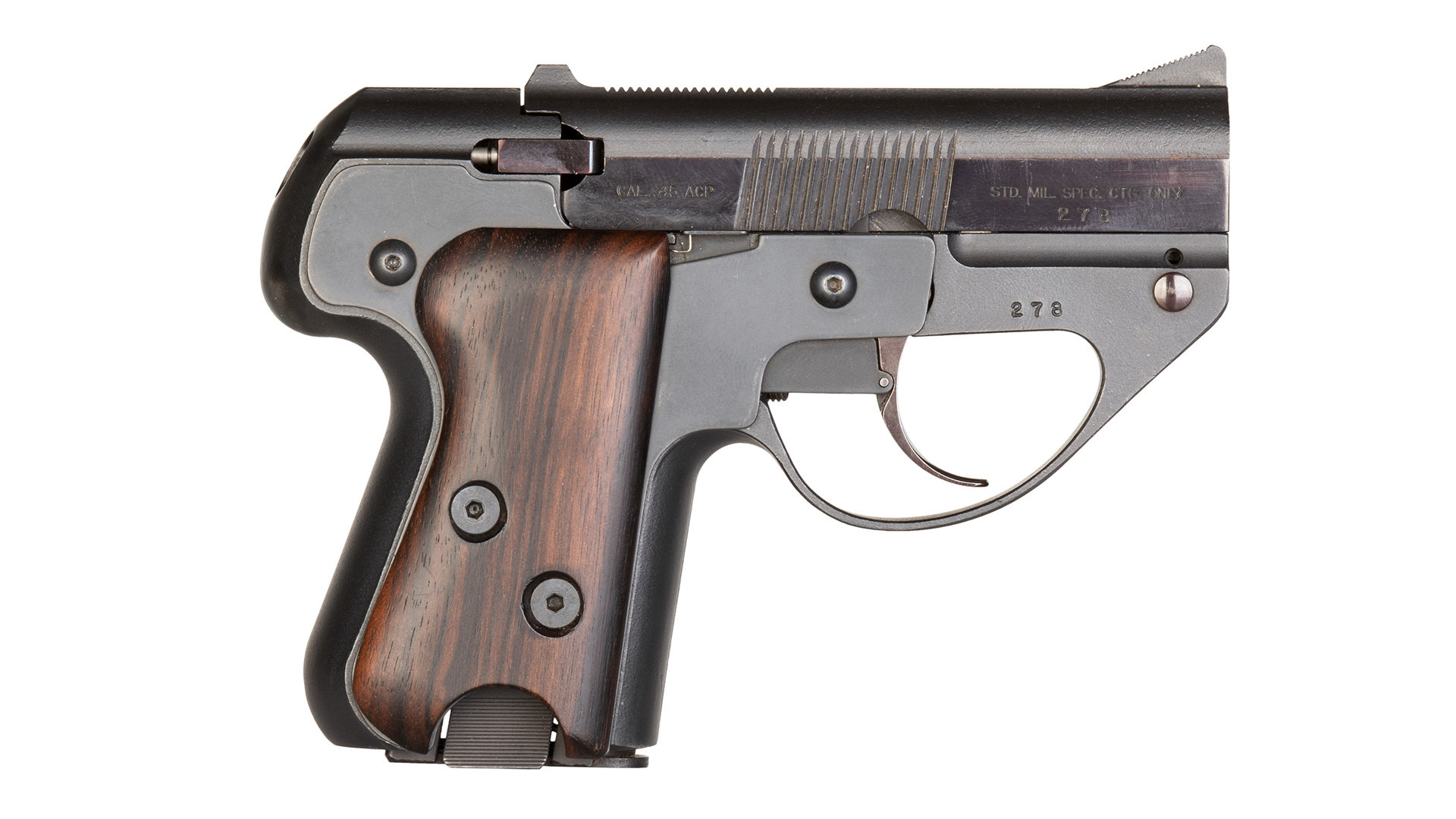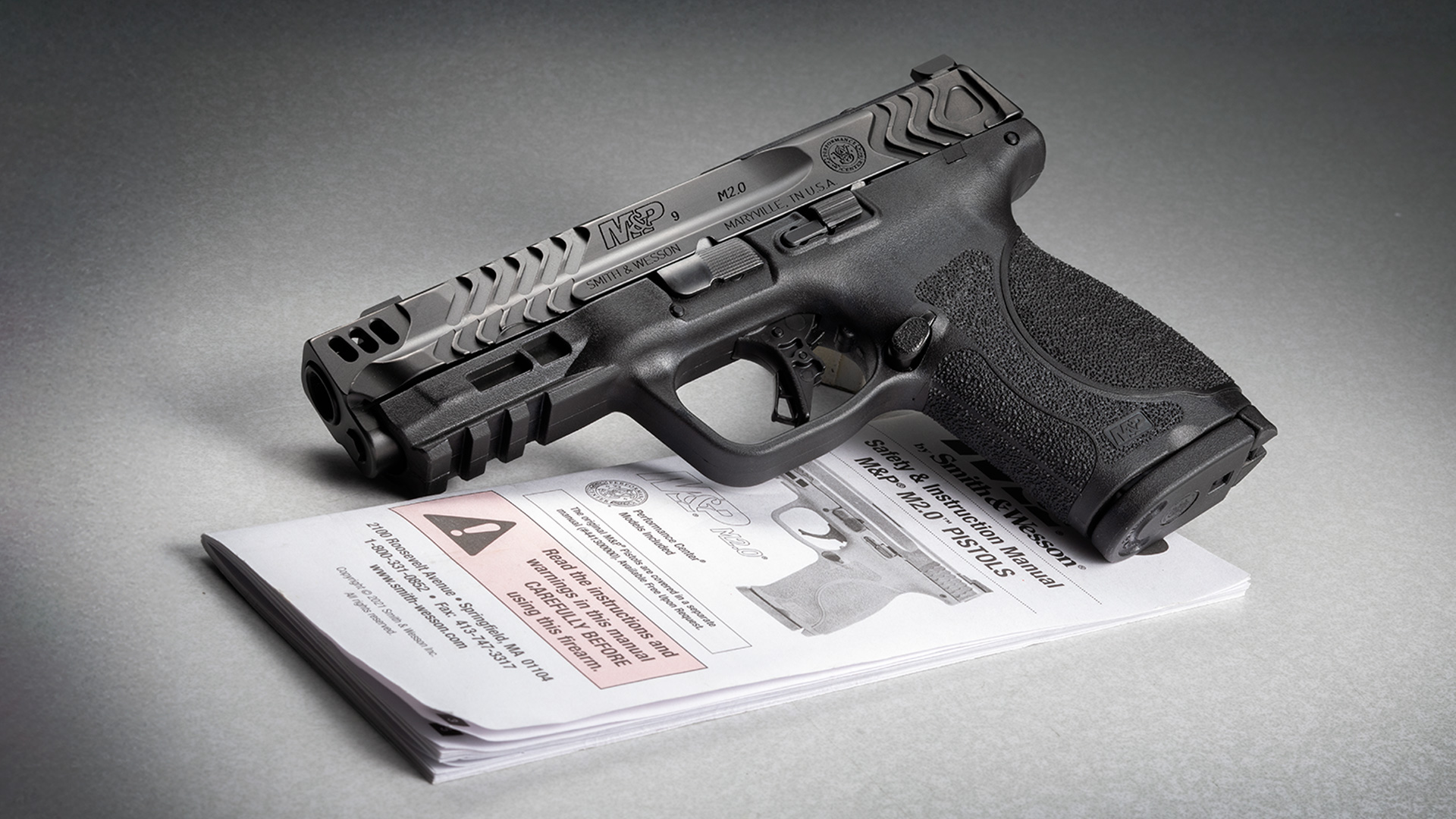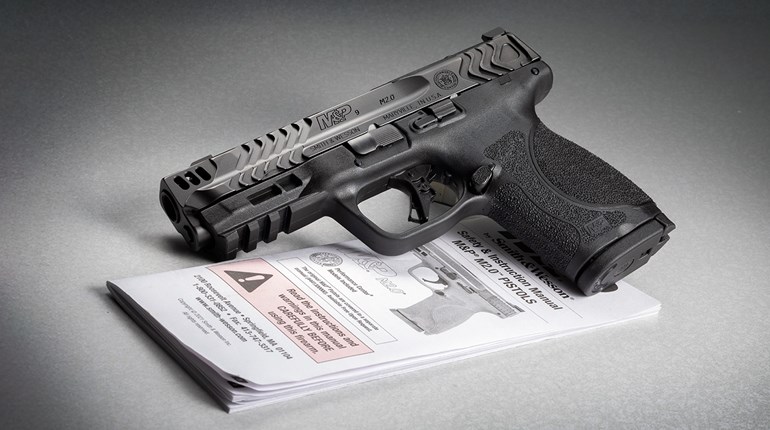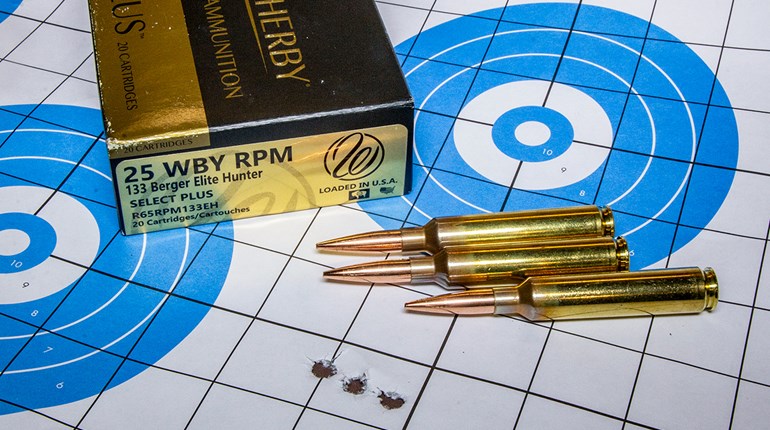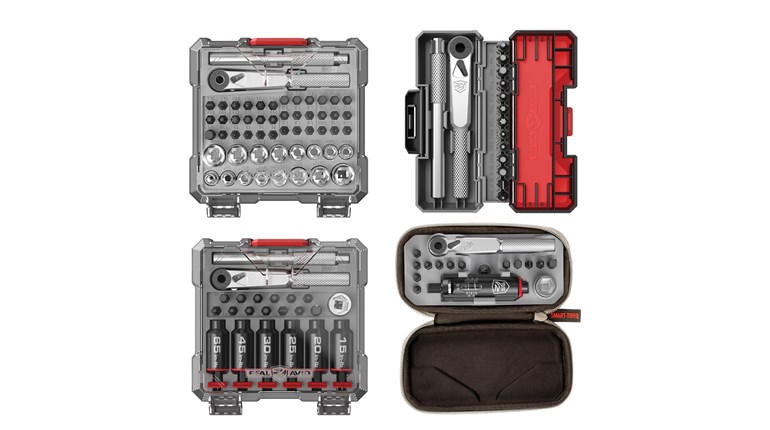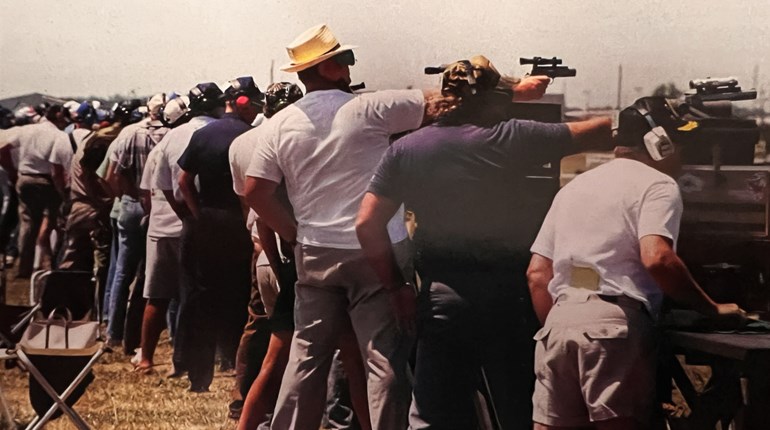
There are a lot of things that happen to us when we experience the stress of a criminal attack. Some of those things are mental and some are physical, not the least of these is we lose quite a bit of our fine motor skills. Simple acts like picking a coin up off of a table top or fitting a key into a lock become extremely difficult when we are under extreme stress. The management of our defensive handgun is also subject to problems related to the loss of our fine motor skills.
Regarding semi-auto pistols, this is the main reason that I don’t use my thumb to release the slide lock while loading, nor is it a good idea to use just the fingers when seating a magazine. Both of these tasks are easily done with the fingers while practicing and may even be easy to do during a shooting match. Neither example reaches the stress level connected to trying to function when someone is trying to hurt you.
Loading and unloading a revolver can also cause problems. Using the thumb to push the ejector rod and dump the empty cartridges seems easy at the range but can cause problems in a fight. And I remember, years ago, watching officers trying to load their revolvers from loose cartridges in their pockets, there would often be more cartridges on the ground than in the gun.
The first step in overcoming this problem is to realize that it can happen and that it is going to happen to you. So we analyze the management of our pistol or revolver and find ways to avoid using our fingers as much as we can.
Instead, we use our whole hand whenever possible. We use the heel of our support hand to reliably seat that magazine, and we use our entire hand, on the top of the slide, to release the slide and allow it to chamber and round and go back into battery.
With revolvers, we use a speed loader and/or a speed strip to reload because it is a function that can be managed with the whole hand. With the speed strips it is a good idea to carry a 7 or 8-round strip even if you are shooting a 5-shot revolver in case you fumble the reload.
So, first, we accept the fact that we will lose our fine motor skills in the stress of a gunfight. Second, we examine the various functions that allow us to reload and/or just keep our gun running. We find ways to use our entire hand in these tasks wherever possible. And, most importantly, we incorporate the use of those gross motor skills into our everyday practice sessions.
Study the loss of fine motor skills, find ways to work around them, and practice. You won’t be sorry.













